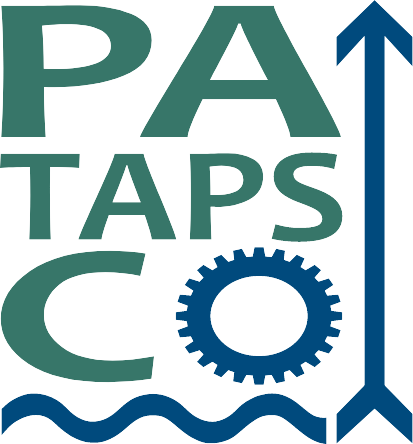MEDIA RELEASE
January 21, 2021
CONTACT: Aaron Shapiro, Executive Director | director@patapsco.org | 410.696.1328
Ellicott City, MD –Maryland Heritage Areas Authority (MHAA), the governing body of the Maryland Heritage Areas Program, today released the results of a study that estimates the contribution of the Patapsco Valley Heritage Area (PVHA) to the statewide economy to be $50.9 million and 718 jobs.
“At Patapsco Heritage Greenway (PHG), we aim to develop, enhance and sustain heritage tourism experiences that offer an inclusive approach to the rich and diverse history of our communities. In doing so, the PVHA plays a vital role in both the state and regional economies. The economic activity generated by PHG’s operations, grantmaking and heritage tourism initiatives touch virtually every corner of our regional economy, including outdoor recreation, arts and culture and the environment,” said Executive Director Aaron Shapiro.
The study was commissioned by Maryland Heritage Areas Authority and was conducted by Parker Philips, Inc. a nationally recognized consulting firm specializing in economic impact analysis.
“An economic contribution analysis is an objective way to measure the significance of an organization in the regional economy; it is a tool that policy makers can use to inform their decisions about how to allocate funding and make smart investment decisions,” said Nichole Parker, Co-Founder and Principal Partner at Parker Philips. “Clearly, Patapsco Valley Heritage Area is a major contributor to the regional economy and raises the profile and value of heritage tourism.”
In the analysis, the study considered the direct spending on operations, pay, benefits, grants and heritage tourists by PHG and the estimated increase in demand for goods and services in industry sectors that supply or support heritage tourism in the PVHA.
According to the study, a key result of the program and heritage tourism is that the PVHA supports and sustains 718 jobs, including direct employment by PHG along with indirect and induced jobs created by supply and equipment vendors as well as jobs created in the community at hotels, restaurants and retail stores in support of the PHG’s operations, grantmaking and heritage tourism initiatives.
The study also calculated tax revenues generated by this level of economic activity, including sales, property, personal income and corporate income taxes. The study concluded that the PVHA generates approximately $6.8 million in tax revenues for state and local government.
Statewide, the Maryland Heritage Areas Program, including all 13 certified Heritage Areas, heritage tourists, grantmaking and program spending had a total statewide economic contribution of $2.4 billion. This activity generated an estimated 33,815 jobs in the state. It is estimated that nearly 20.7 million tourists in the state are heritage tourists.
The economic impact report for the Patapsco Valley Heritage Area is available here and via our website.
###
About PHG
PHG’s mission is to preserve, protect, interpret, and restore the environment, history, and culture of the Patapsco River Valley. PHG administers the Patapsco Valley Heritage Area, one of 13 certified Heritage Areas in Maryland. The organization develops and supports historic, environmental, recreational and cultural programs in cooperation with both Baltimore and Howard Counties, Patapsco Valley State Park, and numerous partner organizations to enhance resident and visitor appreciation of the Valley’s assets, as well as to promote heritage tourism.
About MHAA
The Maryland Heritage Areas Program is governed by the Maryland Heritage Areas Authority (MHAA) and administered by the Maryland Historical Trust. MHAA provides targeted financial and technical assistance within 13 locally designated Heritage Areas, each of which has a distinct focus or theme that represents a unique aspect of Maryland’s character. Local partners operating within Heritage Areas may be eligible for a variety of benefits designed to support economic development through heritage tourism, including grants, tax credits and loans. Together, MHAA, the Heritage Areas and local partners support the economic well-being of Maryland’s communities by promoting, sustaining and creating place-based experiences for visitors and residents alike.
